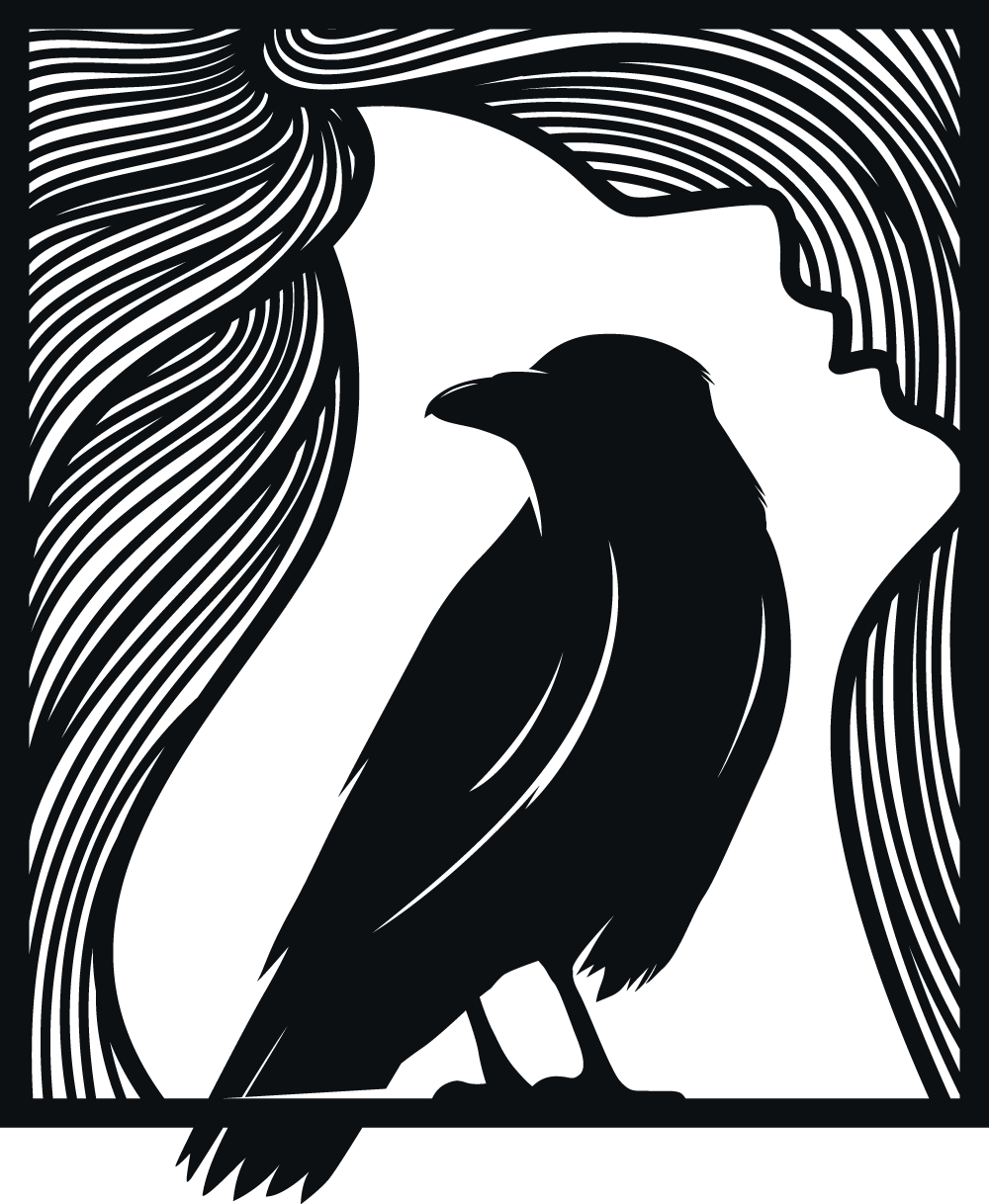
Druidsm or druidry is practice with roots in ancient celtic culture. Druids are connected to nature and the earth. They are in pursuit of wisdom. Throughout the ages they served as priests, judges, healers and advisors for kings and other leaders. The druid tradition is a old and oral one. There are many old sources mentioning druidism, like strabo (63BC), who described them as philosophers amongst the Celts, engaging in natural philosophy and moral discussions And Julius Caesar (100-44BC) who described them as a highly respected priest class within Gallic society. They where responsible for religious ceremonies, education and judicial matters. While druidery is being mentioned in old sources alot of the knowledge got lost during the centuries. The first suppressions of the Druids came with the Roman conquest of Celtic lands. Julius Caesar saw the druids as a threat to Roman authority and destroys the Druidic stronghold on the island of Anglesey. Like with more pagan traditions elements of Druidic practice were absorbed into Christian traditions, for instance Samhain becoming All Saints Day. Interest in Druidism was revived in the 18th and 19th century as part of a broader growing interest in celtic culture and spirituality.
Beliefs and Practices:
- Nature Connection: Modern Druids emphasize a deep, respectful relationship with nature. This includes environmental activism and sustainable living.
- Seasonal Celebrations: Druids celebrate the Wheel of the Year, and astronomical events which includes solstices, equinoxes, moonzeniths
- Rituals: Rituals often involve music, poetry, meditation, and offerings to nature spirits and deities.
- Spiritual Growth: Druidry encourages personal spiritual growth and the pursuit of wisdom. This often involves studying mythology, history, and various spiritual practices.
Becoming a full trained and skilled druid took at least 3 times 7 years. There are 3 levels in Druidism, each level has their own role and you can also choose to stay in the grade you like.
Bard (Bardic Grade):
- Focus: Creativity, storytelling, music, poetry, and the arts.
- Role: Bards are seen as the keepers of lore and history, using their artistic talents to inspire and educate. They preserve and share the cultural and spiritual heritage of the community through creative expression.
- Training: This level involves learning about mythology, folklore, the power of words, and developing skills in various forms of artistic expression.
Ovate (Ovatic Grade):
- Focus: Divination, healing, nature study, and inner growth.
- Role: Ovates are the seers and healers of the tradition. They connect deeply with nature and the cycles of life, using their knowledge to provide guidance and support for individuals and the community.
- Training: Ovates study various methods of divination (such as the ogham, astrology, or other oracular practices), herbalism, and other healing arts. This grade emphasizes personal transformation and a deep connection with the natural world.
Druid (Druidic Grade):
- Focus: Leadership, ritual, philosophy, and teaching.
- Role: Druids are the spiritual leaders and philosophers. They conduct rituals, offer wisdom, and guide others on their spiritual journeys. They embody the principles and teachings of Druidry, serving the community with knowledge and insight.
- Training: This level involves advanced studies in Druidic philosophy, ethics, ritual practice, and often includes a commitment to teaching and leading others within the tradition.

